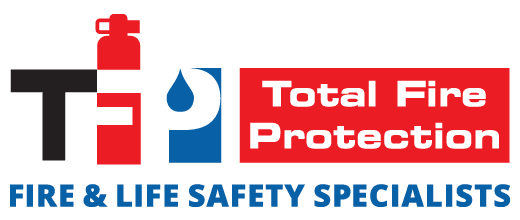Steps should be taken to inspect and maintain your fire suppression system year-round; however, when cold weather arrives, this is an especially important time of year to consider the functioning of your water-based fire suppression system. Here are some risks you may face with your water-based systems, preventive measures, and maintenance strategies to be well prepared this winter.
Risks Presented by Water-Based Systems
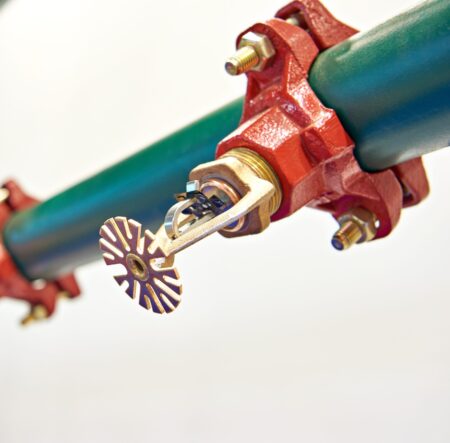
Water-based fire suppression systems operate when a fire occurs at your business by running water through pipes to sprinkler heads located around your building. As with any type of pipes and water-based system, cold weather can adversely affect how your fire sprinkler system responds if it gets too cold. This type of risk occurs with both wet pipe and dry pipe systems. If the pipes in either type of these fire suppression systems freeze, they can break, which results in costly repairs and leaves your business without a working fire suppression system. Some factors that may contribute to your fire sprinkler pipes freezing include the area where your wet pipe system is located, dropping rapidly in temperature. If you have a dry pipe system that can withstand colder temperatures, this fire suppression system can still freeze if the pipe breaks in a particular area, which can cause water to leak into the pipework and freeze.
Preventive Measures and Maintenance Strategies
The good news is that there are steps to take to ensure your dry pipe or wet pipe fire suppression system is less likely to incur freeze-up mishaps. Here are some ways to prevent freeze-ups with your fire suppression system:
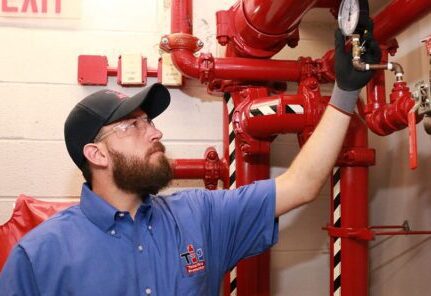
Regular Inspections and Maintenance
One of the best things you can do to ensure your water-based fire suppression system is less likely to freeze is to obtain regular inspections and maintenance of the system. The National Fire Protection Association (NFPA) 25 lists maintenance requirements for water-based fire protection systems that should be followed. When you hire a fire safety professional, you can have your fire suppression system inspected and maintained, which will reveal any potential issues with freeze-ups occurring during colder weather, such as insufficient pressure or unheated areas which will allow cold weather to adversely affect the pipes.
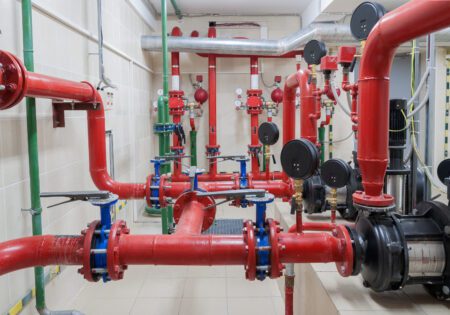
Insulation and Heating Solutions
Another preventive measure that can be taken to help prevent freeze-ups with your water-based fire suppression system relates to insulation and heating solutions. Ensure that the pipes of your wet-pipe fire sprinkler system are well insulated to prevent the pipes from freezing. Also, regular HVAC maintenance is important overall as this type of upkeep helps protect the heating in your building which provides a layer of protection for both wet-pipe and dry-pipe systems.
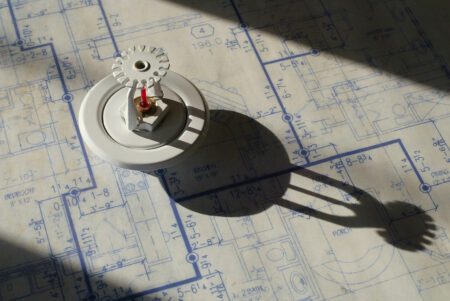
System Monitoring and Alarms
Since you may not always be able to check your fire suppression system pipes, you should have the proper system monitoring and alarms in place. Should there be a freeze-up occurring with your system or some other malfunction, the fire suppression system will have continual monitoring, and alarm notifications will sound if there’s an issue with your system.
By taking these steps, you can help ensure your fire suppression system continues to operate normally 24/7 year-round and make freeze-up occurrences less likely.
